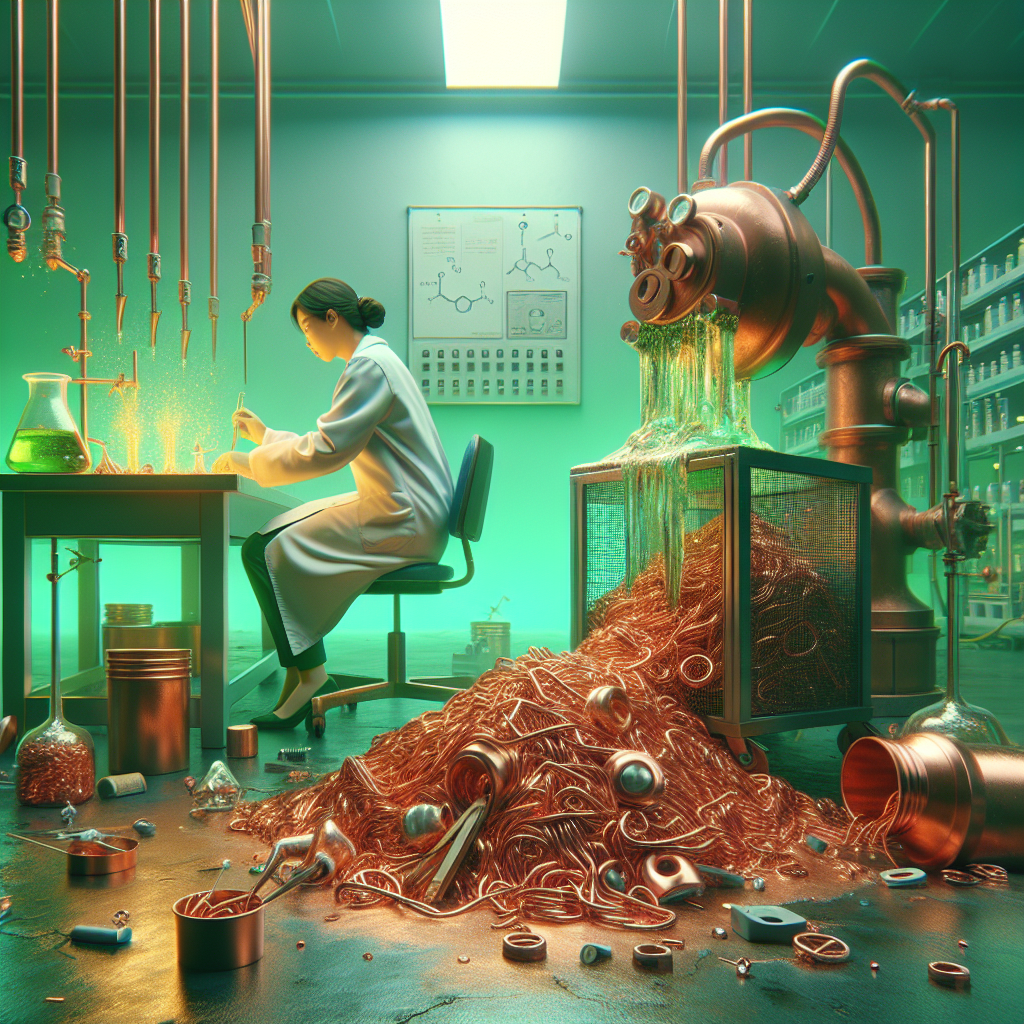Blog Ecobraz Eigre

How to avoid copper contamination by improper materials.
Importance of protecting copper against contamination
Copper is a metal widely used in various sectors, especially in the electrical industry, due to its excellent electrical conductivity and resistance to corrosion. However, contamination of copper by undue materials can compromise its quality and performance in specific applications. Avoiding this contamination is essential to guarantee the efficiency and durability of products that use copper.
Common sources of copper contamination
Copper contamination can occur through contact with unsuitable materials during manufacturing, handling, storage and transportation. Some common sources include residues of oils, greases, metallic particles from other materials, industrial dust, humidity and incompatible chemical substances such as certain acids and solvents.
Good practices to avoid copper contamination
To preserve the integrity of copper, it is essential to adopt careful practices at all stages of the process:
- Proper storage: keep copper in dry environments, away from corrosive agents and in packaging that protects against dust and humidity.
- Separation of materials: avoid copper coming into contact with different metals or recycled materials that could introduce unwanted elements.
- Preliminary cleaning: clean copper parts and wires before processing to remove dirt and surface contaminants.
- Use of appropriate tools: use clean and appropriate tools to avoid residues of other materials on the copper.
- Humidity and temperature control: controlled environments help to prevent oxidation and contamination by water and vapours.
Care during processing and recycling
In the manufacture and recycling of copper, specific procedures help to minimize contamination:
- Sort materials: carefully separate copper waste from electronic waste or other elements that may contain non-compatible substances.
- Use efficient cleaning and sorting equipment to eliminate impurities.
- Monitor the quality of the recycled copper to ensure that it meets the necessary standards.
Impacts of copper contamination
Copper contamination can cause various problems, such as low electrical conductivity, accelerated corrosion, mechanical failures and a reduction in the useful life of the end product. In addition, metals such as iron or aluminum mixed with copper can generate rejects and material loss during recycling processes, increasing costs and impacting sustainability.
Conclusion
Preventing copper contamination is essential to guarantee quality, efficiency and sustainability in its use. With careful storage, handling, processing and recycling, it is possible to preserve copper's properties, avoiding technical and economic losses. Adopting these practices contributes to the value of the material and the success of the applications that depend on it.

Deixe um comentário
O seu endereço de e-mail não será publicado. Campos obrigatórios são marcados com *